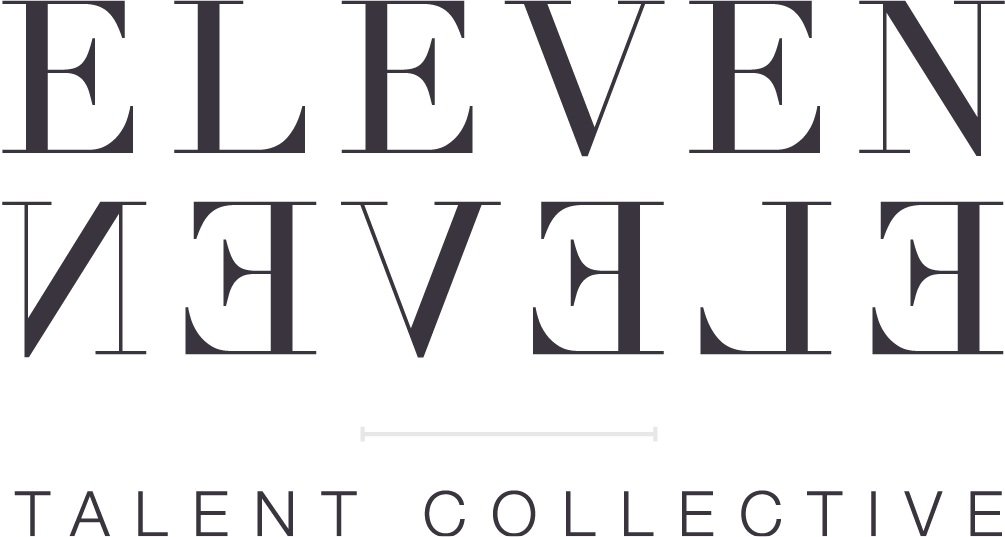Transform Candidate Experience: Support Neurodiversity with Pre-Provided Interview Questions
The job market today is wildly competitive and fairness and transparency are more critical than ever in the hiring process. The practice of providing candidates with interviews questions ahead of time is one strategy for promoting equity. While It’s not universally adopted, IT Has been gaining traction as a way to create a more level playing field for all applicants.
How does it actually support an equitable process, and what are the broader implications for both candidates and employers?
Understanding the Practice
Providing interview questions ahead of time means that candidates receive a list of the questions they will be asked during their interview ahead of the actual meeting, typically we’ve seen 48 hours in advance as a standard. This approach is a large contract to traditional interview formats, where questions are often unknown until they are asked in real-time. The goal is to give candidates a chance to prepare thoroughly and respond thoughtfully, rather than relying on their ability to think on their feet under pressure.
Promoting Fairness and Reducing Bias
1. Levelling the Playing Field
One of the biggest advantages of providing interview questions ahead of time is that it helps to level the playing field for all candidates. Traditional interviews often benefit individuals who excel in impromptu speaking and quick thinking. However, many qualified candidates don’t perform well under these conditions due to factors like test anxiety, neurodiversity, or simply a difference in interview styles. By allowing candidates to prepare their responses in advance, you ensure that their answers reflect their true qualifications and capabilities, rather than their ability to perform under stress.
2. Reducing Unconscious Bias
Unconscious biases can influence how interviewers perceive responses and candidates. By standardizing the questions and giving them to all candidates ahead of time, you reduce the variability in how responses are evaluated. This means that interviewers are more likely to focus on the content of the responses rather than being swayed by how well a candidate performs in an unstructured setting. It creates a more objective basis for comparison, helping to mitigate the impact of subjective biases.
Supporting Diverse Candidates
1. Accommodating Different Communication Styles
Not all candidates communicate in the same way. Some candidates are strong in written communication but find verbal exchanges challenging. Providing questions in advance allows candidates to articulate their thoughts clearly and thoroughly, which can be beneficial for those who might struggle with spontaneous verbal responses. This is particularly important for neurodiverse candidates, who may find structured preparation more manageable than unstructured dialogue.
2. Reducing Barriers for Underrepresented Group
Candidates from underrepresented groups or those who haven’t had extensive interview experience often face additional hurdles during the hiring process. By offering questions ahead of time, you provide these candidates with an opportunity to prepare and present their best selves without the added pressure of real-time questioning. This practice can help to mitigate systemic disadvantages and offer a more equitable chance for all candidates.
Enhancing the Interview Experience
1. Encouraging Thoughtful Responses
When candidates know the questions in advance, they can provide more thoughtful and comprehensive answers. This not only benefits the candidate, who can showcase their skills and experience more effectively, but also benefits the interviewer, who can gain deeper insights into the candidate’s qualifications and fit for the role.
2. Building Candidate Confidence
Knowing what to expect can reduce anxiety and boost confidence. Candidates who feel more prepared are likely to perform better and engage more meaningfully in the interview process. This leads to a more accurate assessment of their fit for the role and the organization.
Practical Considerations for Employers
1. Implementing Structured Interviews
Providing questions ahead of time works best within a structured interview framework. Employers should ensure that all candidates receive the same questions and that these questions are designed to assess key competencies and skills relevant to the role. This ensures consistency and fairness throughout the process.
2. Combining with Other Best Practices
While providing questions ahead of time is a step toward equity, it should be part of a broader strategy that includes other best practices, such as using diverse interview panels, providing training on unconscious bias, and evaluating candidates based on clear, job-related criteria.
Providing candidates with interview questions ahead of time is more than just a courtesy; it’s a meaningful practice that can significantly enhance fairness and equity in the hiring process. By giving candidates a chance to prepare thoroughly, employers can ensure that their assessments are based on a candidate’s true potential and qualifications, rather than their performance under pressure. As we continuing moving to more inclusive and equitable hiring practices, this approach offers a practical and impactful way to support a fairer job market for everyone.
Looking for more ways to make your recruitment process equitable and inclusive? At Eleven Eleven Talent we’re your partner when you want to create real accountability in your hiring strategy. We challenge you to seek candidates that bring rich and broad perspectives because we know diversity—in gender, race, nationality and ability—always makes business better.
When you’re ready to go deeper into your DEI metrics or to create a leadership team you’re proud to display on your website, come talk to us.

